The current deadlock over plans to build a solar farm in the buffer zone which separates Cyprus’ two sides has come about because the Greek Cypriot side believes “that it should decide when and how much energy should be transferred” to the Turkish Cypriots, Turkish Cypriot diplomatic sources said on Friday.
Speaking to the Cyprus Mail, the sources said the Greek Cypriot side “insisted that the energy generated from solar panels be connected directly to the Greek Cypriot grid and then transferred from there to the Turkish Cypriot side”.
“In other words, the Greek Cypriot side considers this to be a matter of sovereignty, as it does many other issues. Claiming that it is the sole sovereign administration in Cyprus, it is trying to impose on the Turkish Cypriot side that the Greek Cypriot electricity authority [EAC] is the sole authority on the island regarding electricity,” the sources added.
They went on to say that the Greek Cypriot side “does not see [the north’s electricity authority] Kib-Tek as a legal institution”.
“The Greek Cypriot side is trying to extend its authority over the Turkish Cypriot side on this issue,” the sources said.
The sources’ statements largely corroborate those made by Greek Cypriot chief negotiator Menelaos Menelaou.
He had told CyBC radio on Thursday that the “thorn in the side of the issue” is that the Turkish Cypriot side has insisted that the energy produced from the solar farm which is allocated to the Turkish Cypriot side be transferred directly to Kib-Tek.
Later in the day, former Turkish Cypriot chief negotiator Ozdil Nami, who served under former Turkish Cypriot leaders Mehmet Ali Talat and Mustafa Akinci, had told the Cyprus Mail that “the Greek Cypriot side sees TRNC institutions as illegal and does not want them to be addressed directly as interlocutors”.
“They say this would constitute recognition by implication,” he added.
Asked about the official silence on the matter, he said, “they are not saying it because both sides hung onto the confidence building measures, and they do not want to admit that this is a dead end because of their fear of recognition by implication”.
He said that it is for this reason that when agreements are signed regarding the supply of electricity from the Republic’s electricity authority (EAC) to the north, contracts are signed “by someone working” for Kib-Tek, rather than by Kib-Tek itself.
EAC spokeswoman Christina Papadopoulou corroborated this to the Cyprus Mail, explaining that contracts for long-term electricity supply are signed by the EAC and “one Turkish Cypriot who must have a Republic of Cyprus identity card”.
That individual, she said, effectively acts as an EAC customer, taking receipt of electricity at the two points at which Cyprus’ two electricity grids are interconnected, in the Nicosia suburb of Athalassa and in the village of Orounta, near Morphou.
Kib-Tek as an entity, therefore, is not officially on paper a party to these agreements.
The idea of a solar farm had been brought to the fore by European Commission president Ursula von der Leyen in 2022.
Her plan entailed the construction of a solar farm which would produce between 30 and 50 megawatts, with von der Leyen saying at the time that the commission had “prepared the ground for the development of a pre-feasibility study”.
The plans had been announced by United Nations Secretary-General as a result of the enlarged meeting on the Cyprus problem which took place in Geneva last month, though further discussions on the matter between President Nikos Christodoulides and Turkish Cypriot leader Ersin Tatar on Wednesday bore no fruit.

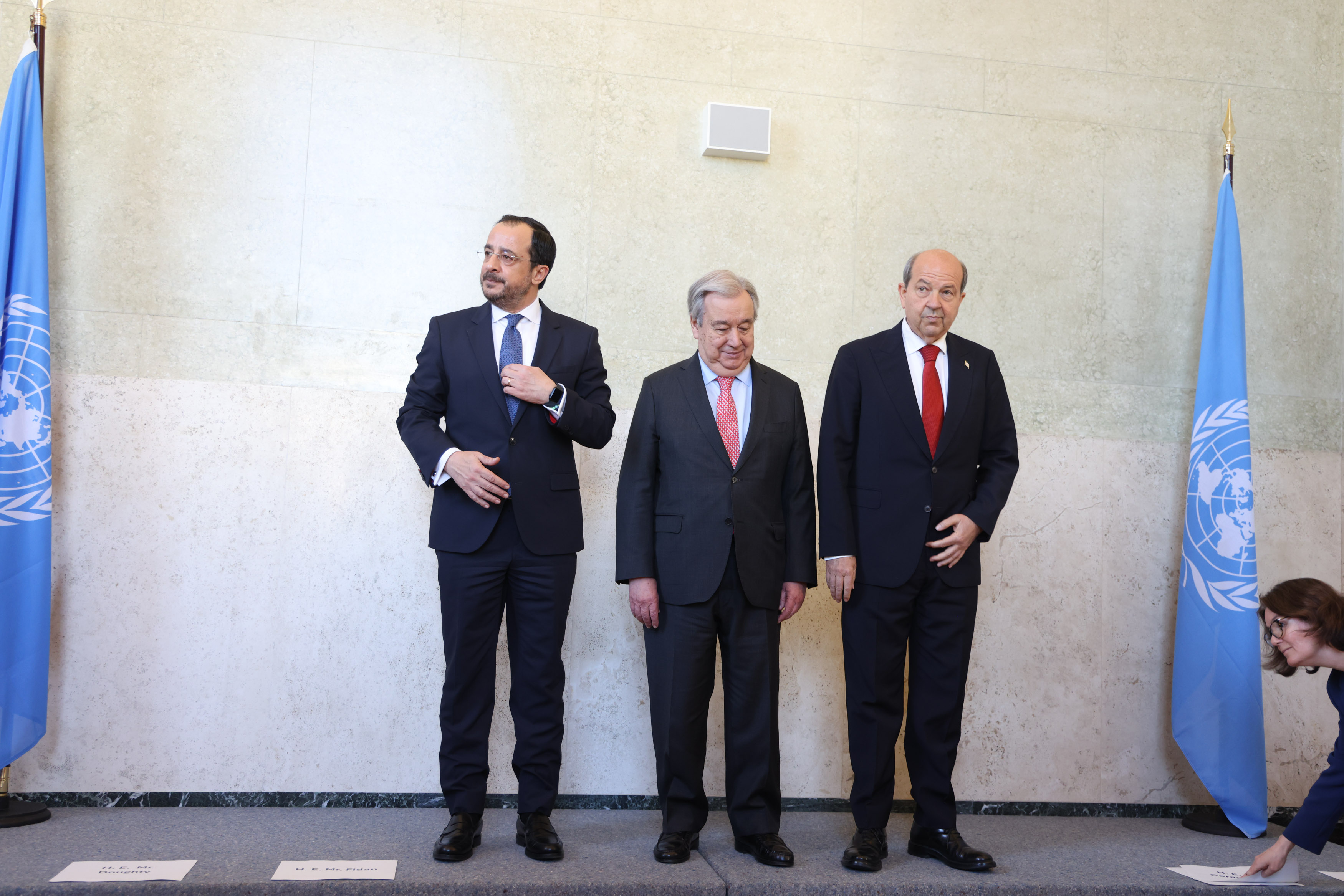

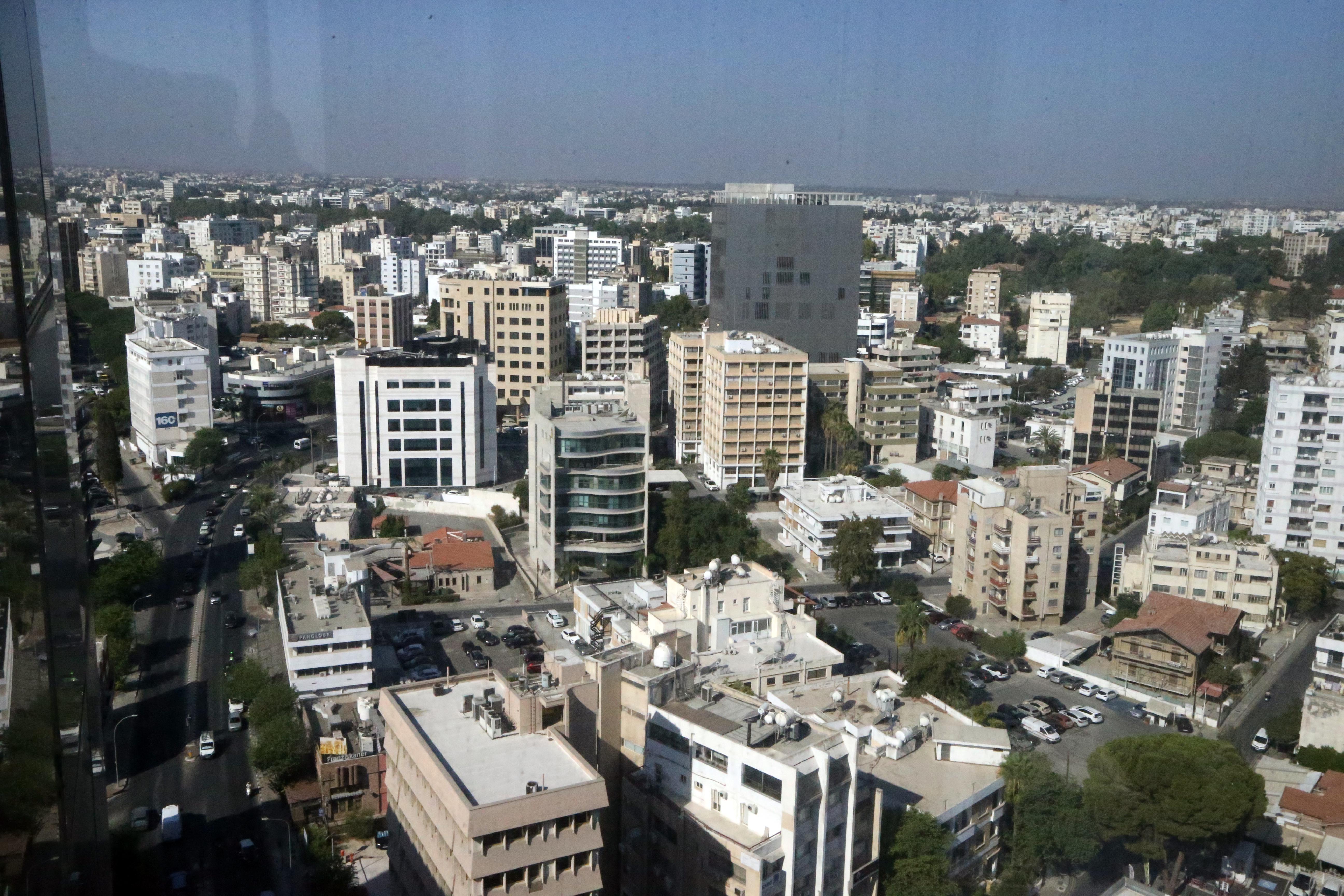
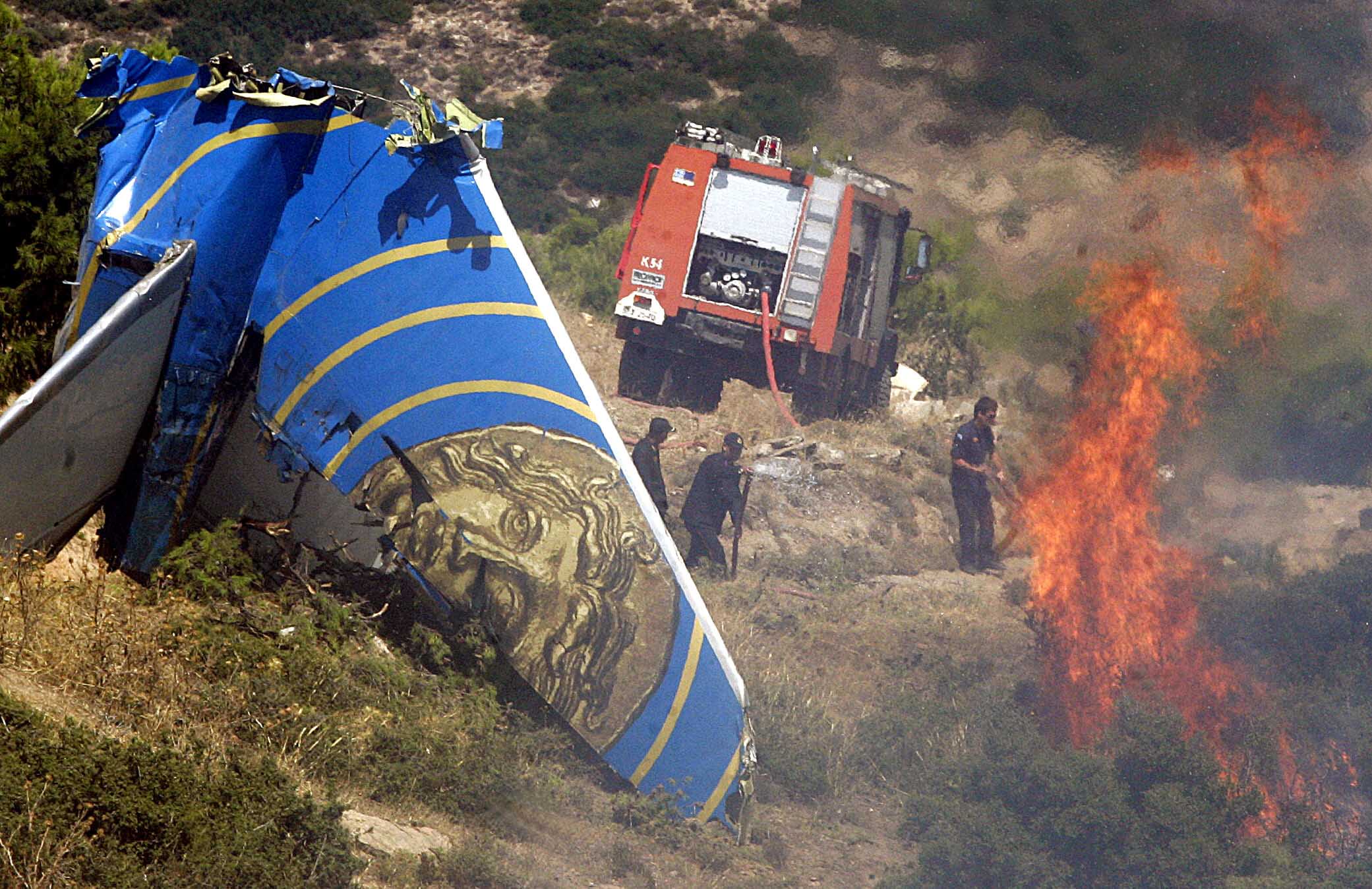
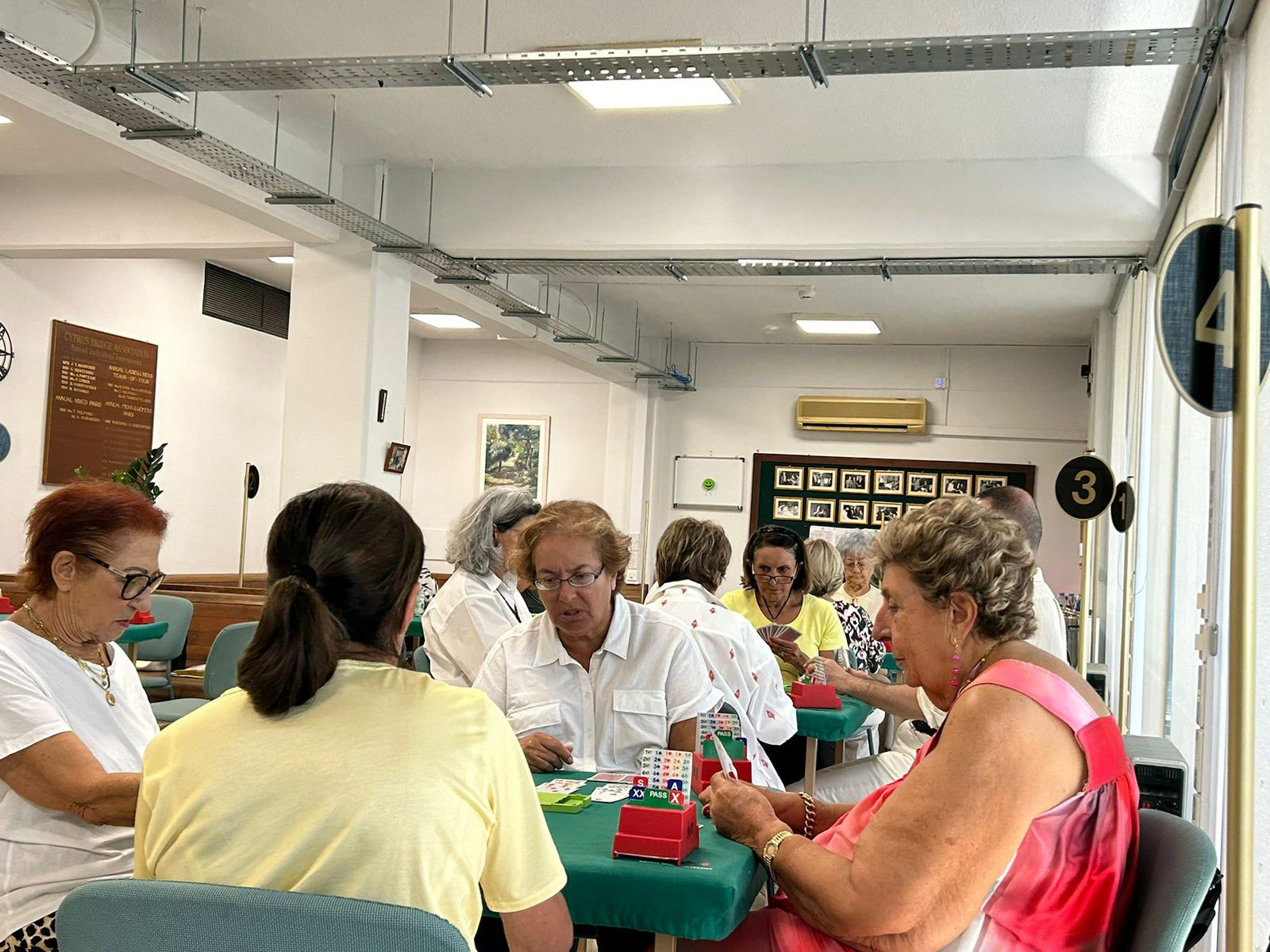
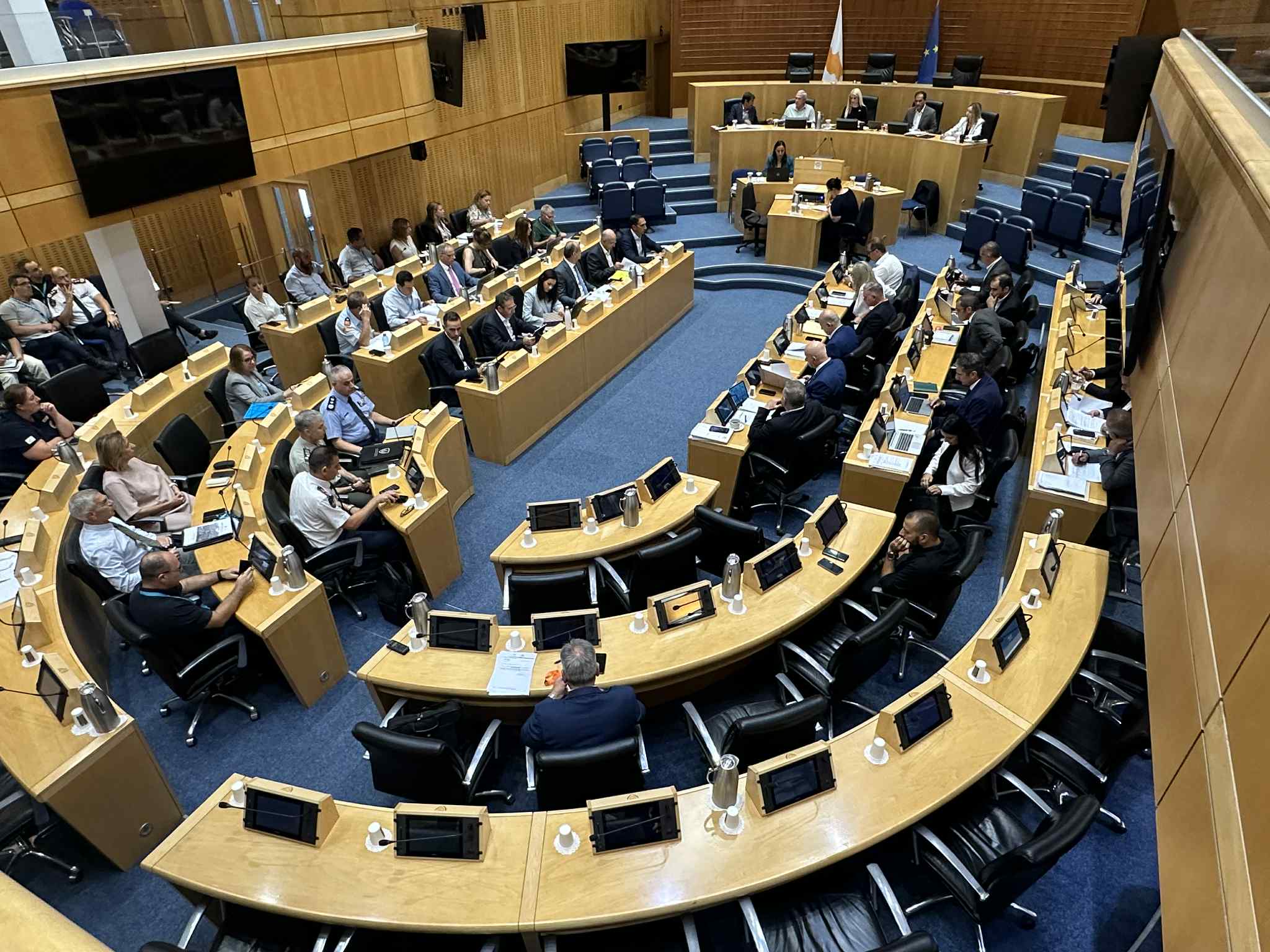
Click here to change your cookie preferences